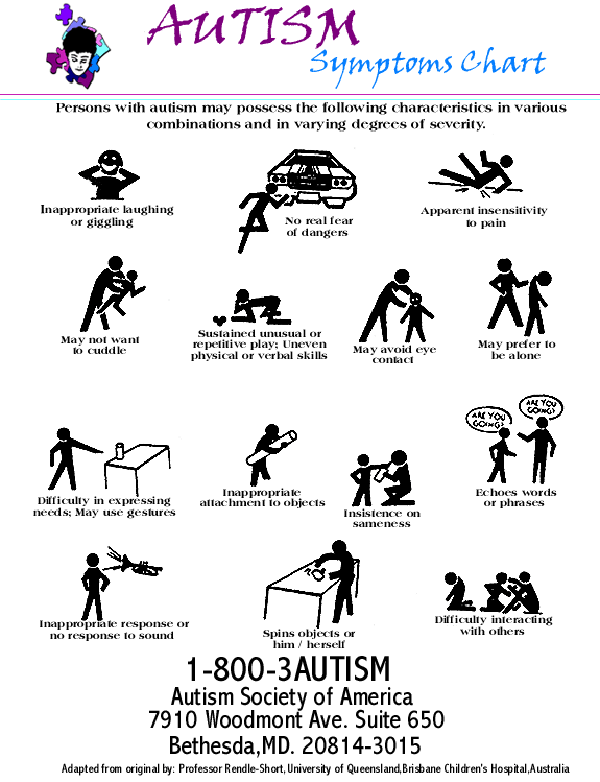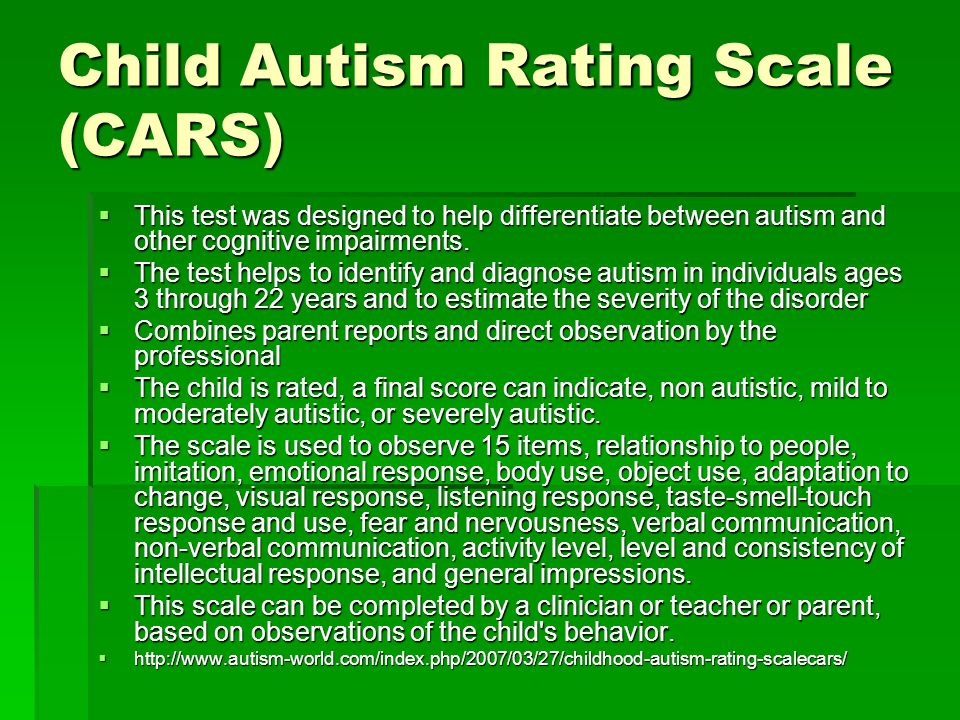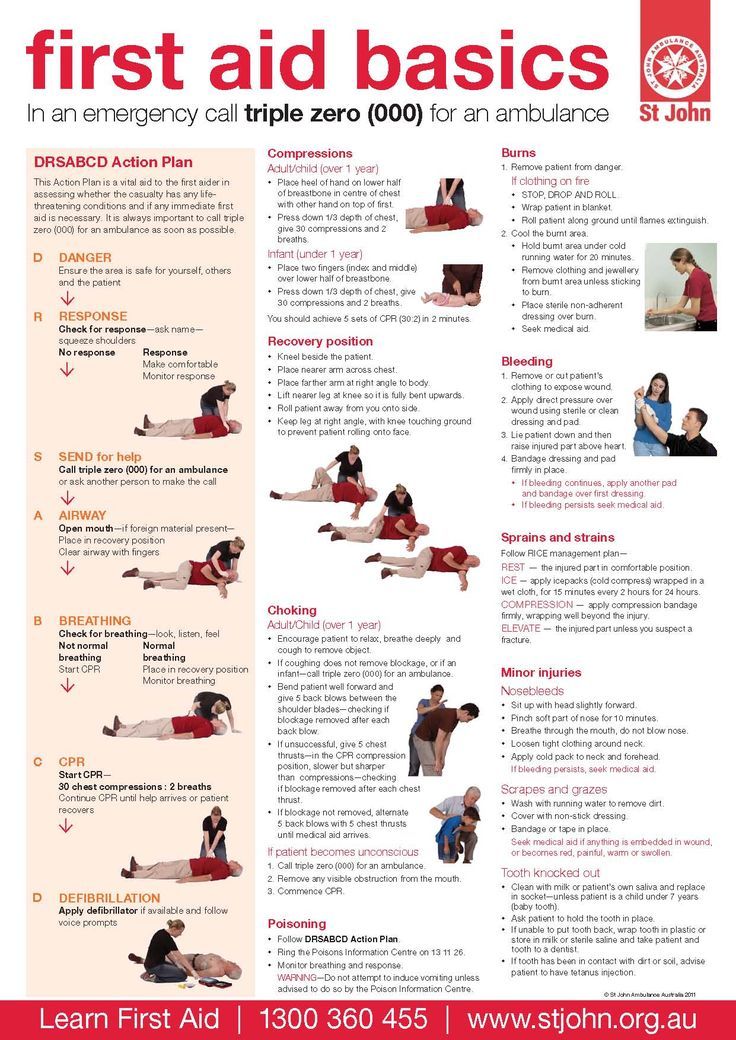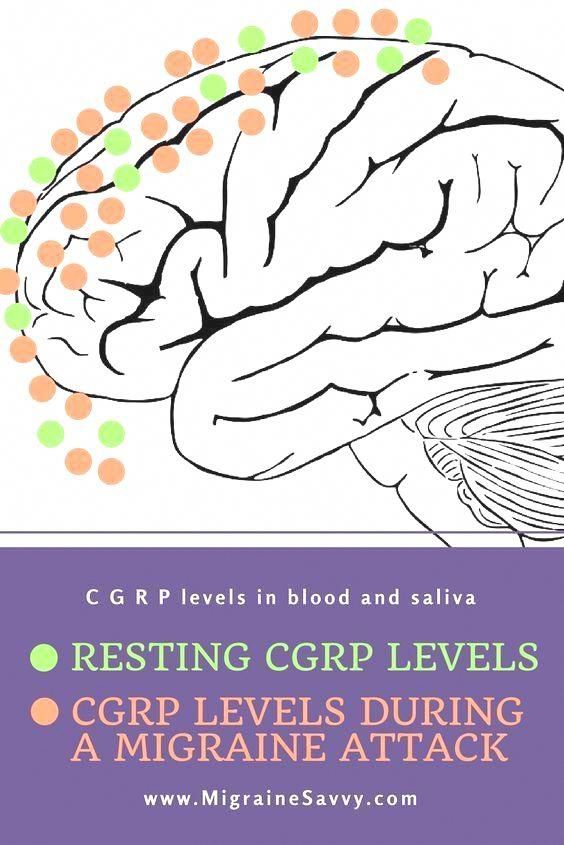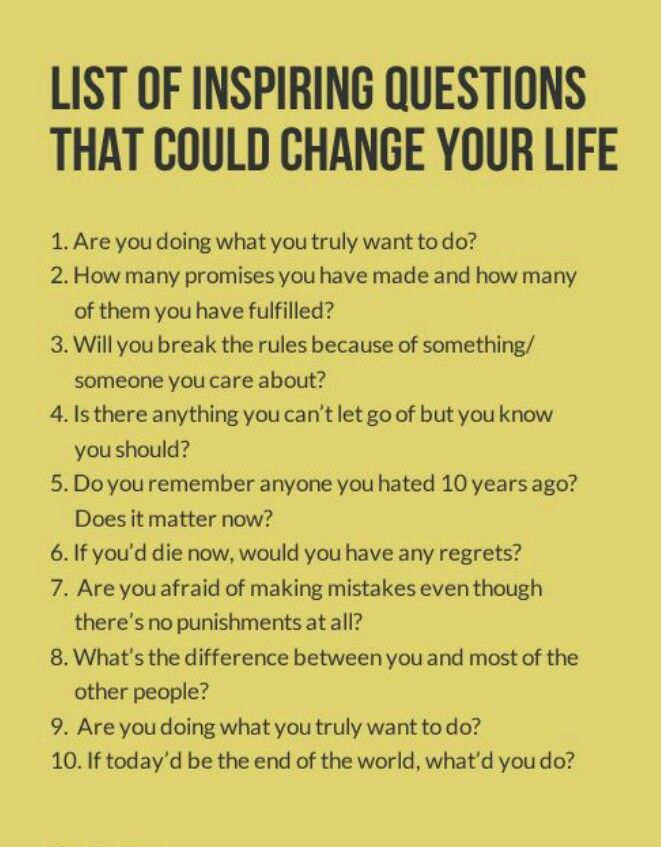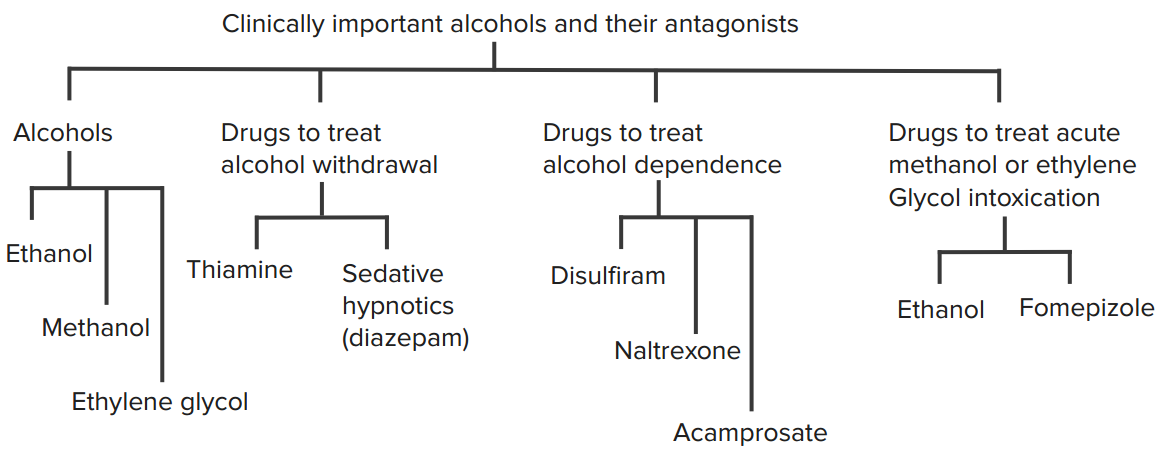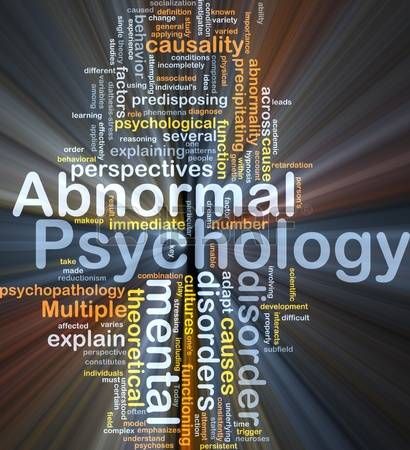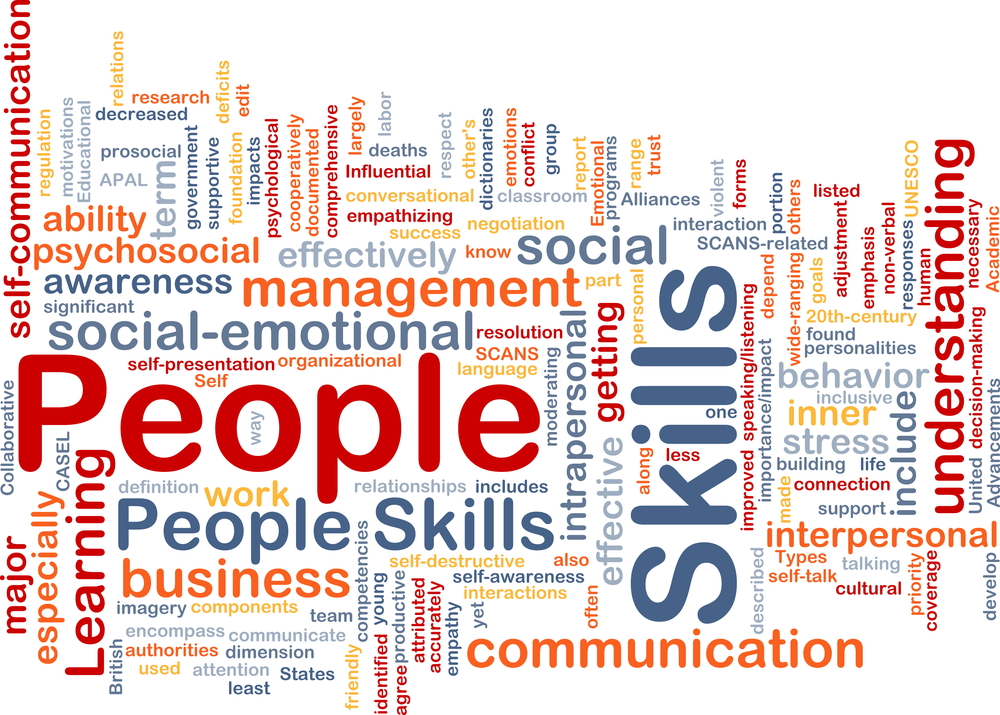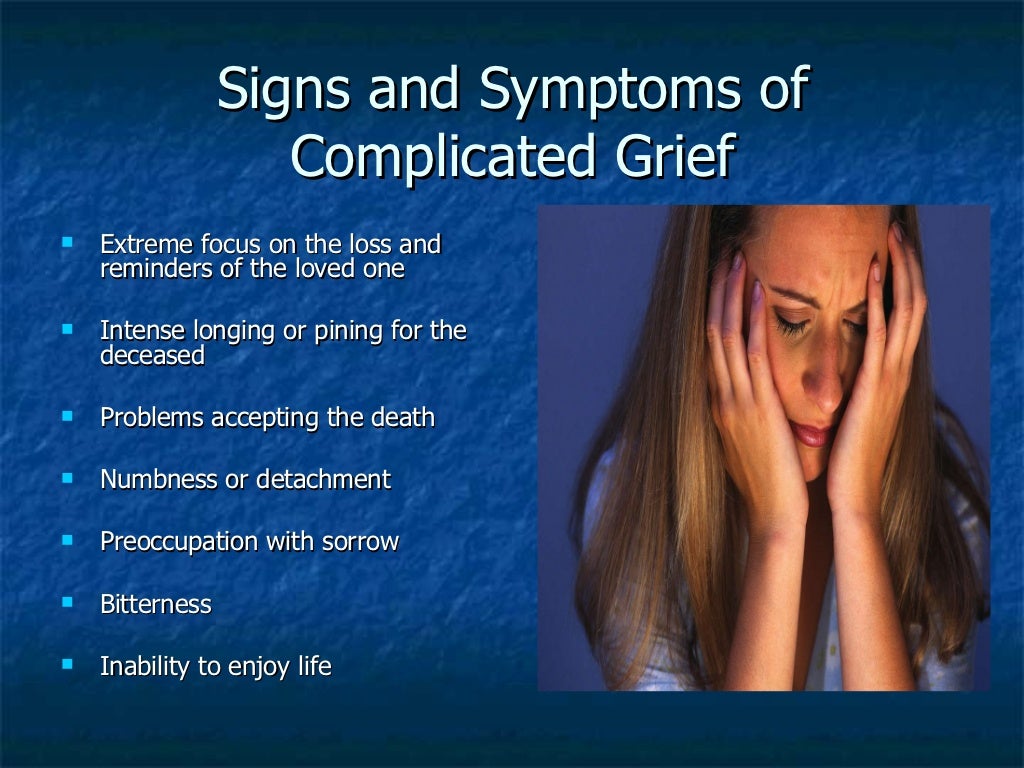What is the autism test
Screening and Diagnosis of Autism Spectrum Disorder
Diagnosing autism spectrum disorder (ASD) can be difficult because there is no medical test, like a blood test, to diagnose the disorder. Doctors look at the child’s developmental history and behavior to make a diagnosis.
ASD can sometimes be detected at 18 months of age or younger. By age 2, a diagnosis by an experienced professional can be considered reliable [1]. However, many children do not receive a final diagnosis until much older. Some people are not diagnosed until they are adolescents or adults. This delay means that people with ASD might not get the early help they need.
Diagnosing children with ASD as early as possible is important to make sure children receive the services and supports they need to reach their full potential [2]. There are several steps in this process.
Developmental Monitoring
Developmental monitoring is an active, ongoing process of watching a child grow and encouraging conversations between parents and providers about a child’s skills and abilities. Developmental monitoring involves observing how your child grows and whether your child meets the typical developmental milestones, or skills that most children reach by a certain age, in playing, learning, speaking, behaving, and moving.
Parents, grandparents, early childhood education providers, and other caregivers can participate in developmental monitoring. CDC’s Learn the Signs. Act Early. program has developed free materials, including CDC’s Milestone Tracker app, to help parents and providers work together to monitor your child’s development and know when there might be a concern and if more screening is needed. You can use a brief checklist of milestones to see how your child is developing. If you notice that your child is not meeting milestones, talk with your doctor or nurse about your concerns and ask about developmental screening. Learn more about CDC Milestone Tracker app, milestone checklists, and other parent materials.
When you take your child to a well visit, your doctor or nurse will also do developmental monitoring.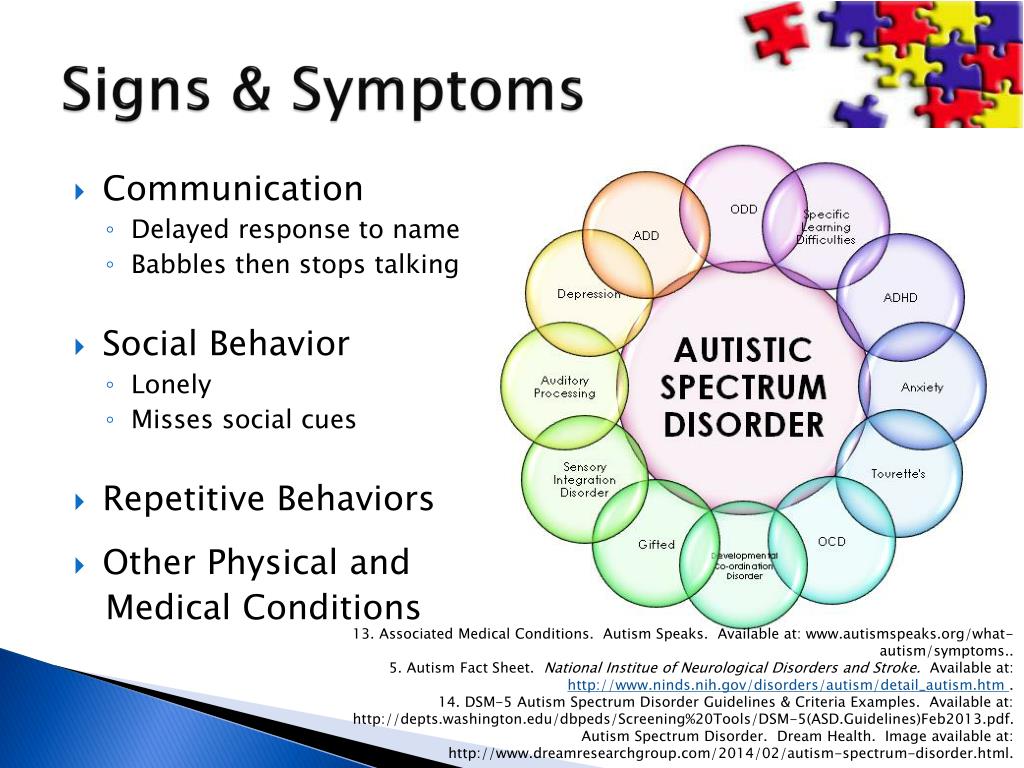 The doctor or nurse might ask you questions about your child’s development or will talk and play with your child to see if they are developing and meeting milestones.
The doctor or nurse might ask you questions about your child’s development or will talk and play with your child to see if they are developing and meeting milestones.
Your doctor or nurse may also ask about your child’s family history. Be sure to let your doctor or nurse know about any conditions that your child’s family members have, including ASD, learning disorders, intellectual disability, or attention deficit/hyperactivity disorder (ADHD).
Developmental Screening
Developmental screening takes a closer look at how your child is developing.
Developmental screening is more formal than developmental monitoring. It is a regular part of some well-child visits even if there is not a known concern.
The American Academy of Pediatrics (AAP) recommends developmental and behavioral screening for all children during regular well-child visits at these ages:
- 9 months
- 18 months
- 30 months
In addition, AAP recommends that all children be screened specifically for ASD during regular well-child visits at these ages:
- 18 months
- 24 months
Screening questionnaires and checklists are based on research that compares your child to other children of the same age. Questions may ask about language, movement, and thinking skills, as a well as behaviors and emotions. Developmental screening can be done by a doctor or nurse, or other professionals in healthcare, community, or school settings. Your doctor may ask you to complete a questionnaire as part of the screening process. Screening at times other than the recommended ages should be done if you or your doctor have a concern. Additional screening should also be done if a child is at high risk for ASD (for example, having a sibling or other family member with ASD) or if behaviors sometimes associated with ASD are present. If your child’s healthcare provider does not periodically check your child with a developmental screening test, you can ask that it be done.
Questions may ask about language, movement, and thinking skills, as a well as behaviors and emotions. Developmental screening can be done by a doctor or nurse, or other professionals in healthcare, community, or school settings. Your doctor may ask you to complete a questionnaire as part of the screening process. Screening at times other than the recommended ages should be done if you or your doctor have a concern. Additional screening should also be done if a child is at high risk for ASD (for example, having a sibling or other family member with ASD) or if behaviors sometimes associated with ASD are present. If your child’s healthcare provider does not periodically check your child with a developmental screening test, you can ask that it be done.
View and print a fact sheet on developmental monitoring and screening pdf icon[657 KB, 2 Pages, Print Only]
Developmental Diagnosis
A brief test using a screening tool does not provide a diagnosis, but it can indicate whether a child is on the right development track or if a specialist should take a closer look.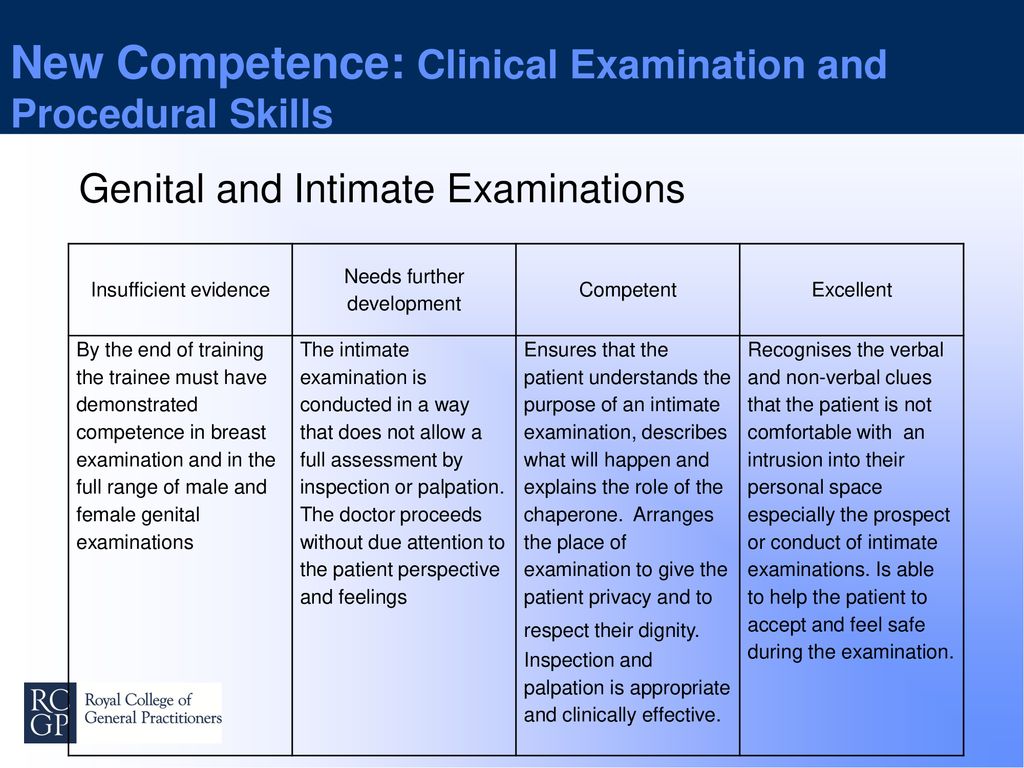 If the screening tool identifies an area of concern, a formal developmental evaluation may be needed. This formal evaluation is a more in-depth look at a child’s development and is usually done by a trained specialist such as a developmental pediatrician, child psychologist, speech-language pathologist, occupational therapist, or other specialist. The specialist may observe the child give the child a structured test, ask the parents or caregivers questions, or ask them to fill out questionnaires. The results of this formal evaluation highlight your child’s strengths and challenges and can inform whether they meet criteria for a developmental diagnosis.
If the screening tool identifies an area of concern, a formal developmental evaluation may be needed. This formal evaluation is a more in-depth look at a child’s development and is usually done by a trained specialist such as a developmental pediatrician, child psychologist, speech-language pathologist, occupational therapist, or other specialist. The specialist may observe the child give the child a structured test, ask the parents or caregivers questions, or ask them to fill out questionnaires. The results of this formal evaluation highlight your child’s strengths and challenges and can inform whether they meet criteria for a developmental diagnosis.
A diagnosis of ASD now includes several conditions that used to be diagnosed separately; autistic disorder, pervasive developmental disorder not otherwise specified (PDD-NOS), and Asperger syndrome. Your doctor or other healthcare provider can help you understand and navigate the diagnostic process.
The results of a formal developmental evaluation can also inform whether your child needs early intervention services.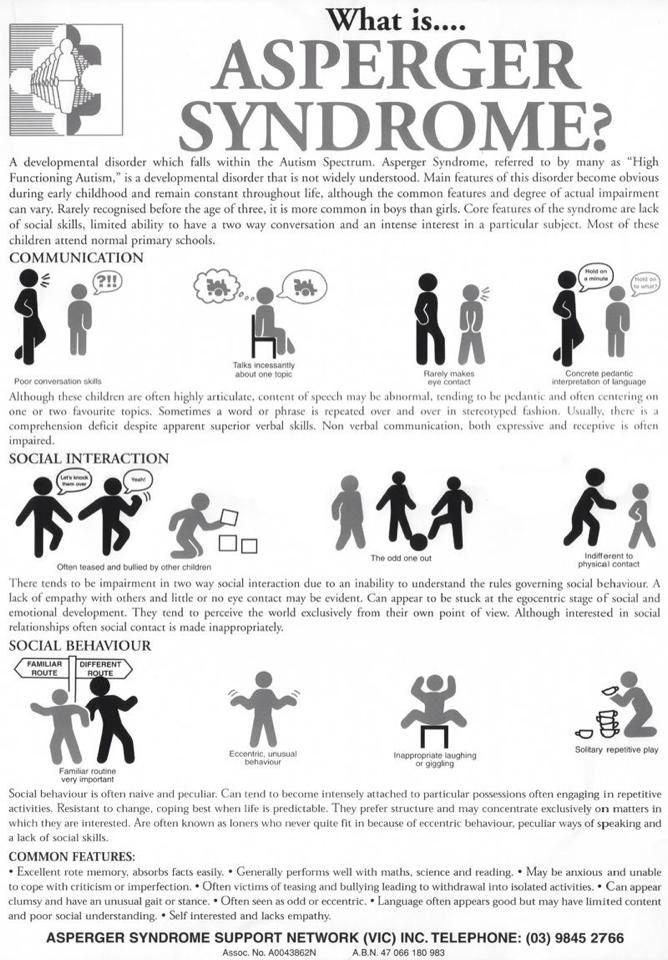 In some cases, the specialist might recommend genetic counseling and testing for your child.
In some cases, the specialist might recommend genetic counseling and testing for your child.
References
- Lord C, Risi S, DiLavore PS, Shulman C, Thurm A, Pickles A. Autism from 2 to 9 years of age. Arch Gen Psychiatry. 2006 Jun;63(6):694-701.
- Hyman SL, Levey SE, Myers SM, Council on Children with Disabilities, Section on Developmental and Behavioral Pediatrics. Identification, Evaluation, and Management of Children With Autism Spectrum Disorder. Pediatrics. 2020 Jan;145(1).
Do I Have Symptoms of ASD or Aspergers?
Do I Have ASD? Autism Test for Adults
Awareness of autism spectrum disorder (ASD) has grown dramatically in recent years, which reflects an increase in autism tests and diagnoses — and in the public’s understanding that, even late in life, an autism diagnosis can offer major benefits and relief. Still, symptoms of autism — particularly those previously associated with Aspergers — are still frequently misdiagnosed as attention deficit hyperactivity disorder (ADHD), mood disorders, obsessive compulsive disorder (OCD), and other related conditions — leading to poor treatment and lifelong challenges.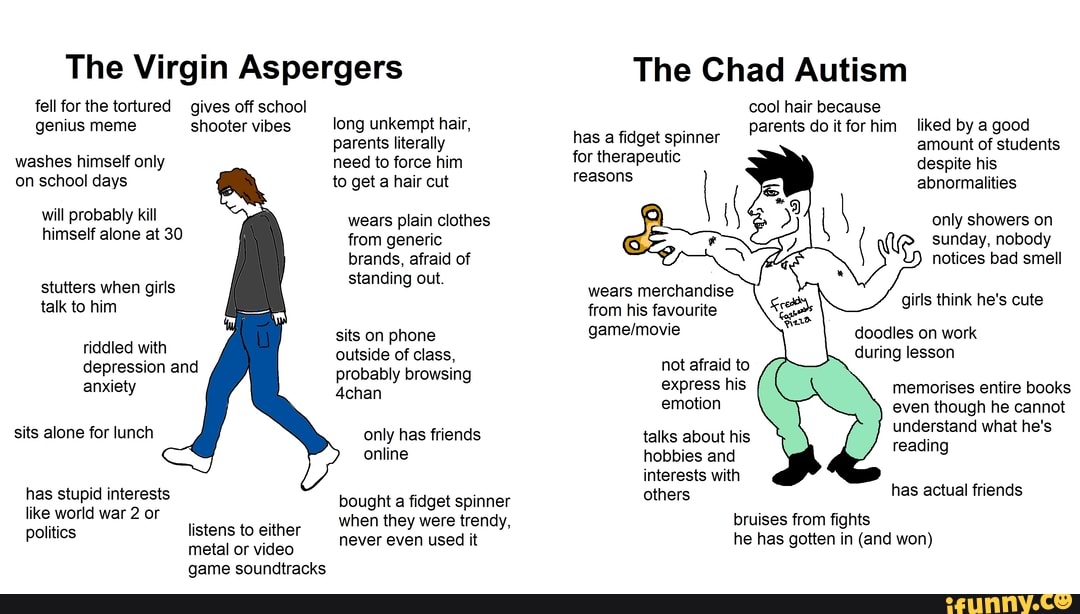
Adults with autism may have a history of delayed language language and/or movement skills, delayed cognitive or learning skills, unusual eating or sleeping habits, emotional dysregulation, anxiety, stress, and/or fear. If you recognize yourself or a loved one in the following descriptions of autism spectrum disorder, make an appointment with a health care professional to discuss an evaluation test for autism.
This free autism test was adapted from the Autism Spectrum Screening Questionnaire (ASSQ) designed to screen the possibility of ASD, and is for personal use only. This is not a diagnostic tool. An accurate diagnosis can only be made through clinical evaluation. This autism test is for personal use only.
Think about your daily routine. Would you say you follow the same schedule every day of the week, and don’t like unexpected events?
Very Often
Often
Sometimes
Rarely
Never
Do your family members lovingly refer to you as the “eccentric professor” of the family?
Very Often
Often
Sometimes
Rarely
Never
Have you always wanted a best friend, but never found one?
Very Often
Often
Sometimes
Rarely
Never
Are you really (really) good at a skill like math or music, but struggle to succeed in other areas?
Very Often
Often
Sometimes
Rarely
Never
Is your memory like a steel trap, even for facts that you don’t fully understand?
Very Often
Often
Sometimes
Rarely
Never
Are you always the first one to notice when a friend has gotten a haircut or made a small change to their appearance?
Very Often
Often
Sometimes
Rarely
Never
Do you talk to friends at a party the same way you would talk to co-workers in the office?
Very Often
Often
Sometimes
Rarely
Never
Did bullies target you in grade school?
Very Often
Often
Sometimes
Rarely
Never
When you’re having a conversation with someone, do you prefer to look at the wall, their shoes, or anywhere but directly into their eyes?
Very Often
Often
Sometimes
Rarely
Never
Do you enjoy inventing your own words and expressions that might seem quirky to others?
Very Often
Often
Sometimes
Rarely
Never
Even when you’re in a quiet place, like the library, do you find yourself making involuntary noises, like clearing your throat over and over?
Very Often
Often
Sometimes
Rarely
Never
Do you prefer to play individual games and sports like golf, where everyone works for themselves, instead of team sports and games where everyone works toward a common goal?
Very Often
Often
Sometimes
Rarely
Never
Are you always bumping into things, or tripping over your own feet?
Very Often
Often
Sometimes
Rarely
Never
Are expressions like “Curiosity killed the cat” or “Don’t count your chickens before they hatch” odd to you?
Very Often
Often
Sometimes
Rarely
Never
Do you prefer to read non-fiction over fiction books?
Very Often
Often
Sometimes
Rarely
Never
Do you have trouble understanding what people mean when they say they feel embarrassed for someone else?
Very Often
Often
Sometimes
Rarely
Never
Do people say that you speak like a robot?
Very Often
Often
Sometimes
Rarely
Never
(Optional) Would you like to receive your autism symptom test results — plus more helpful resources — via email from ADDitude?
Sign me up for your Adult ADHD newsletter.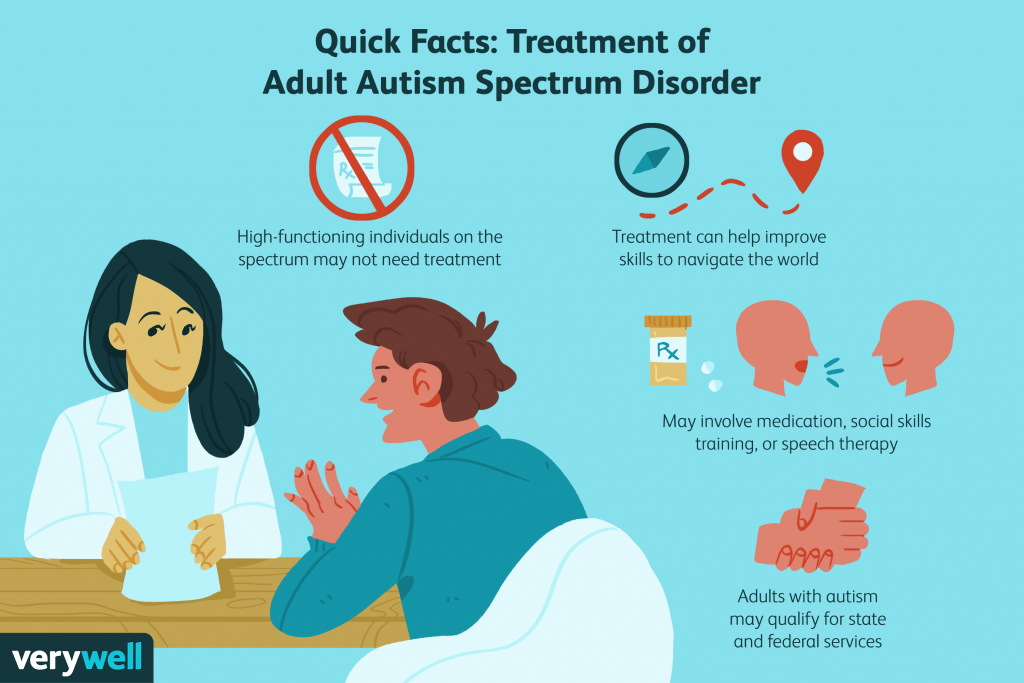
Can’t see the autism test questions above? Click here to open this test in a new window.
Autism Test Next Steps: Autism Spectrum Disorder In Adults
1. Take the ADHD Test for Adults
2. Read What Does Autism Look Like in Adults?
3. Read: ADHD and Adult Autism — Symptoms, Diagnosis & Interventions for Both
4. Read: How to Get Evaluated for Autism as an Adult
5. Take This Test: OCD in Adults
6. Get the eBook “The Truth About Autism in Adults”
7. Listen to the Webinar: “Could I Be on the Autism Spectrum?”
8. Take This Test The Autism Test from WebMD
9.
Read: Say Goodbye to Aspergers Syndrome
Previous Article Next Article
| I fully agree | Rather, | Rather, it is more likely not agreeing | ||||
| I prefer to do something with others, not others, not alone | ||||||
2.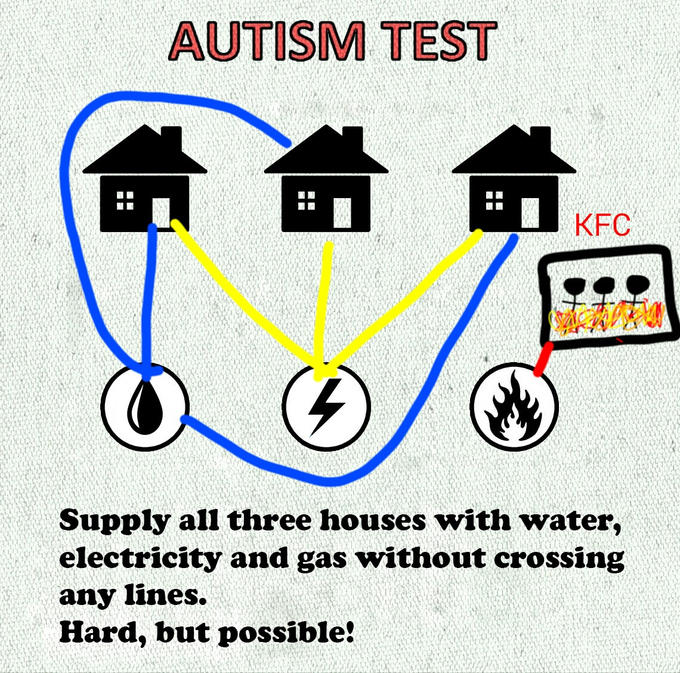 | I prefer to do things the same way over and over again | |||||
| 3. | If I try to imagine something, I am easy to mentally create a visual image | 9000 9000 000 9000 | I often focus so much on one thing that I lose sight of everything else | |||
| 5. | I often notice weak sounds that are not heard by the surrounding | |||||
| 0009 | ||||||
| 8. | When I read the story, I can easily imagine how actors | 9000 9000 9000 9000 9000 9000 9000 9000|||||
9. | I am fascinated by | 9000 9000 | ||||
| 10. | In the company I can easily monitor the conversations of several different people | |||||
| Completely agree | 9000 I find communication situations easy0006 15.I am more drawn to people than things | |||||
| . | I am prone to very strong interests, and I am upset if I can’t follow them | |||||
| 17. | I enjoy the conversation “ABSOUT NOTT” | 9000 | ||||
| 18. | When I say, it is not always easy to insert a word | 9000 | ||||
.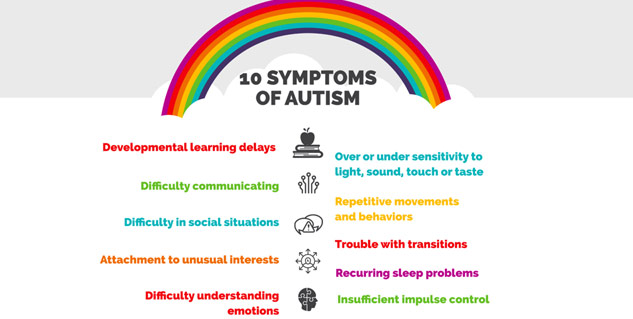 | 9000 9000 9000 9000 9000 9000 9000 9000 9000 9000 9000 9000 9000 9000 9000 9000 9 ||||||
| 20. | 0029 | |||||
| 28. | I usually concentrate more in the entire picture, and not on certain details | 9000 9000 | ||||
| 29. phone numbers | ||||||
| 30. | I usually don’t notice small changes in a person’s situation or appearance | |||||
| Completely agree | 9000 9000 99 9000 9000 31. I can tell that someone who listens to me is bored0006 32.It is easy for me to do several cases at the same time | |||||
| 33. | When I talk by phone, I do not always know when to say | 9000 9000|||||
| 340006 | ||||||
35. | Often I have the last to understand the joke | 9000 | ||||
| When I look at the person, I look at the person, I look at the person, I look at the person, I look at the person, I look at the person, I look at the person, I look at the face of the person, I am easy he thinks or feels | ||||||
| 37. | 0009 | |||||
| 38. | I am well obtained “About Nobody” | 9000 9000 9000 9000 9000 9000 9000 39000 39,000 39,000 39,000 39,000 39,000 39,000 39,000 39,000 39,000 39,000 39,000.000 39,000 39,000.000 39,000.000 39,000 39,000 39,000 39,000 39,000 39,000 39,000 39,000 39,000 39,000 39,000 39,000 39,000 39,000 39,000 39,000 39,000 39,000 39,000 39,000 39,000 39,000 39,000 39,000 39,000 39,000 39,000.000 3 People often tell me that I get stuck on one topic | ||||
40.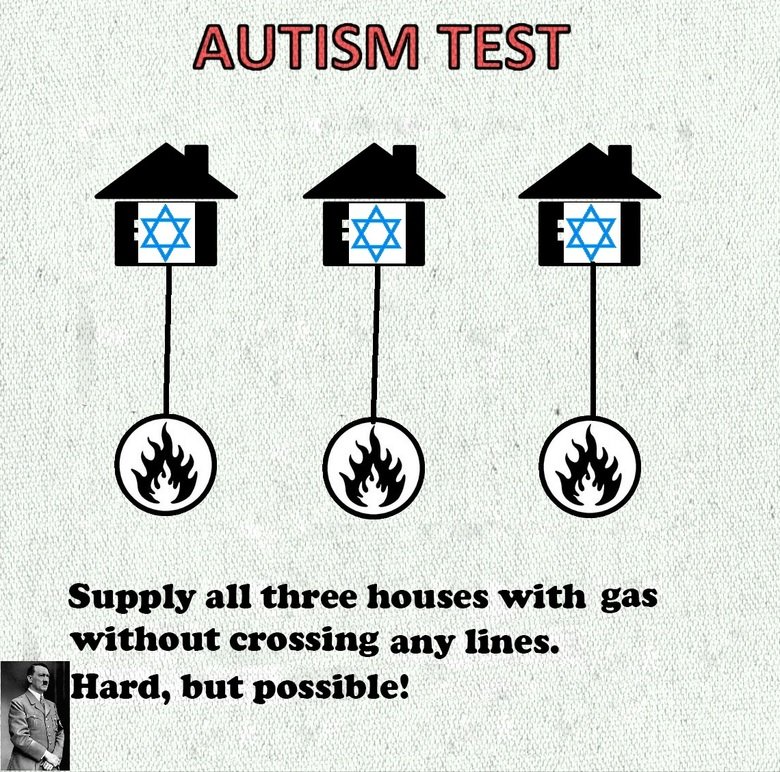 | then portray | |||||
| Completely agree | 9000 I like to collect information about categories of objects (for example, brands of cars, types of birds, trains, plants, etc.)||||||
| . | ||||||
| 44. | I enjoy social events | |||||
| 45. | It is difficult for me to understand people | 9000 000,0009,000 9000 9000 9000 9000 9000 9000 9000 9000 9000 9000 9000 9000 9000 9000 9000 9000 9000 9000 9000 9000 9000 9000 9000 9000 9000 9000 9000 9000 9000 9000 9000 9000 9000 9000 9000 9000 9000 9000 9000 9000 9000 9000 9000 9000 9000 9000 9000 9000 9000 9000 9000 9000 9000 9000 9000 9000 9000 9000 9000 9000 9000 9000 9000 9000 9000 9000 9000 9000 9000 9000 9000 9000 worry | ||||
47. | I like meeting new people | |||||
| 48. | I am good diplomat | 9000 9000 9000 9000 9000 9000 9000. people | ||||
| 50. | 0009 | |||||
| Completely agree | 9000 Autistic City I. Difficulties in social interaction section.Social impairment is a fundamental aspect of autism, Asperger's syndrome and atypical autism. nine1030 No - Normal. Passed - Previously had manifestations, but now perfectly normal social skills. Mild - People (or children) who seem almost normal in their interactions with others, but have some subtle "weird behavior" or an inability to "read" social cues. For example, they do not understand when they are bored with others, constantly talk about the same subject, or think that other people want the same thing as they do, while it is obvious to others that this is not the case (often ridiculed). Moderately pronounced - Significant, very noticeable interaction problems. May be interested in social interaction, but will appear awkward, very shy, or eccentric. May stand too close during a conversation, touch others inappropriately, or speak in an inappropriate tone (socially isolated, have very few friends). Severe - No interest in interaction, seems irritable or anxious in social interactions, For children aged 1 to 3 years, may manifest as a desire to play on their own, screaming, tantrums, upset due to being surrounded by other children. nine1030 1. Poor eye contact or unusual gaze. No - Absolutely normal, never had a problem. Overcome - Absolutely normal, but had symptoms before. Not pronounced - Almost normal eye contact, but the way you look at other people is somewhat unusual. This can occur in children with atypical autism, in whom eye contact is poor at first and then improves over time. Moderately pronounced - Eye contact may be present for a long period of time, but is obviously not normal: the child may stare at one point for too long, appear "very shy" or look askance. Severe - Almost never able to make eye contact. When eye contact occurs, it is very brief and clearly not normal. 2. Ignores the call, does not respond, does not turn his head to the sound of a voice. nine0008 No - Absolutely normal, never had a problem. Passed - Currently normal response to call, but previously had abnormalities. Not pronounced - Responds almost normally to a call by name, but there is a slight delay in response, noticeable against the background of other people. Moderately expressed - Significant anomalies in the response to the call, the responses are single. Pronounced - Almost never responds to his own name, but with his favorite, even quiet, sounds (music, video games) the reaction is instant. 3. Excessive fear of sounds (vacuum cleaner), often plugs ears. No - Absolutely normal, never had a problem. Overcome - Absolutely normal, but had symptoms before. Not pronounced - Occasionally, but more than usual, disturbing sounds. nine1030 Moderately expressed - Frequent sounds disturb. Severe - Inability to tolerate certain sounds, closing of ears, tantrums at unbearable sounds. 4. Detachment, being “in one's own world”. No - Absolutely normal, never had a problem. Overcome - Absolutely normal, but had symptoms before. Not pronounced - Occasionally withdrawn, noticeable, but usually almost normal interaction with the outside world. nine1030 Moderately pronounced - Often aloof, stays "in himself". Pronounced - Constant detachment, staying "in oneself", hardly able to interact with the outside world. 5. Lack of interest in the environment. No - Absolutely normal, never had a problem. Overcome - Absolutely normal, but had symptoms before. Not pronounced - Rare episodes of apparent withdrawal, usually near normal levels of interest. Moderately expressed - Significant, obvious lack of interest. Pronounced - Complete lack of interest in people, events, situations. Absolute ignoring of any noise, except for annoying sounds. 6. Facial expressions do not match the situation. No - Absolutely normal, never had a problem. Overcome - Absolutely normal, but had symptoms before. Not pronounced - Nearly normal, but subtle inconsistencies are detected. Moderately pronounced - Often facial expressions do not match the situation. Pronounced - Unable to interpret the situation and give the face an appropriate expression. 7. Inappropriate tears or laughter. nine0008 No - Absolutely normal, never had a problem. Overcome - Absolutely normal, but had symptoms before. Not pronounced - Extremely rare. Moderately pronounced - Sometimes. Pronounced - Often. 8. Throws a long tantrum when something is not done the way he wants. No - Absolutely normal, never had a problem. nine1030 Overcome - Absolutely normal, but had symptoms before. Not pronounced - Rare fits of anger. Moderately pronounced - Frequent tantrums that stop if you give in to demands (not recommended). Severe - Frequent, uncontrollable tantrums that occur when changing activities or asking to participate in a situation (stopping a game or lunch). 9. Ignoring pain (no response to head blows). No - Absolutely normal, never had a problem. Overcome - Absolutely normal, but had symptoms before. Not pronounced - Almost normal reaction, but reduced pain threshold. Moderately pronounced - Occasionally ignores pain ("forgets" to cry when hitting his head). Pronounced - Almost never responds to pain. 10. Dislike being touched (hair, body, head). nine0008 No - Absolutely normal, never had a problem. Overcome - Absolutely normal, but had symptoms before. Not pronounced - Almost normal, allows himself to be touched, but expresses discomfort or dissatisfaction with tactile contact. Moderately expressed - Obviously avoids touching, but without tantrums. Pronounced - Complete intolerance of touching the hair, skin, head. May show anger, aggression in response to touch attempts. nine1030 11. No - Absolutely normal, never had a problem. Overcome - Absolutely normal, but had symptoms before. Not pronounced - Almost normal, but there are episodes of tantrums and acute reactions in crowded places. Moderately pronounced - Often has difficulty in crowded places, very sensitive, but sometimes able to endure the situation. nine1030 Pronounced - Staying in crowded places is practically impossible, accompanied by tantrums and fits of anger. Fear of leaving the house. 12. Inappropriate fear, anxiety. No - Absolutely normal, never had a problem. Overcome - Absolutely normal, but had symptoms before. Not pronounced - More anxious than the average person. Moderate - Often anxious, but can be calmed. Strongly expressed - Expressed fear about various situations. 13. Inappropriate emotional reaction ("slows down"). No - Absolutely normal, never had a problem. Overcome - Absolutely normal, but had symptoms before. nine1030 Not pronounced - Almost normal, but there are perceptible differences. Moderately expressed - Frequent inappropriate emotional responses. Pronounced - Never shows any appropriate emotional reaction. When parents hold out their hands to take the child, he does not understand that he needs to raise his hands to make their task easier. 14. Anomalies in expressing joy at the sight of parents. No - Absolutely normal, never had a problem. Overcome - Absolutely normal, but had symptoms before. Not pronounced - Almost normal, rare episodes of inappropriateness. Moderately pronounced - Can go out to meet parents who have come home, but the reaction of joy is not always manifested. Pronounced - Never expresses joy when expected. Ignores the arrival of parents home. nine1030 15. Lack of ability to imitate. No - Absolutely normal, never had a problem. Overcome - Absolutely normal, but had symptoms before. Not pronounced - Almost normal, but some subtle limitations in the ability to imitate are clearly visible. Moderately pronounced - Limited ability to imitate. Severe - Absolutely no ability to imitate, unlike other children who imitate or tease each other during play to be "cool" or as a joke (this is part of the social situation). nine1030 II. Section "Speech and language delay".No - Absolutely normal, never had a problem. Overcome - Absolutely normal, but had symptoms before. Not pronounced - Almost normal, but there were some difficulties in understanding speech (words). Moderately pronounced - Significant delay in speech development (40-70% of the required skill for age) Pronounced - Non-verbal or separate adult words. If a young child (1-4 years old) is diagnosed, evaluation may be done by medical or behavioral specialists. 1. Loss of speech skills. No - Absolutely normal, never had a problem. Passed - Not applicable. Not pronounced - Stopped using some words. Moderate - Stopped using many of the words he used to speak. Pronounced - Spoke a lot of words, but became non-verbal. 2. Makes unusual noises or baby squeals. No - Absolutely normal, never had a problem. Overcome - Absolutely normal, but had symptoms before. Not pronounced - Sometimes, but more often than others. Moderate - Very often. Pronounced - No sounds other than grinding and screeching. 3. The voice sounds louder than necessary. No - Absolutely normal, never had a problem. Overcome - Absolutely normal, but had symptoms before. Not pronounced - Sometimes the sound of the voice is obviously not normal. Moderately pronounced - The voice often sounds abnormal. nine1030 Severe - Voice is always very loud (or soft like a whisper), never sounds right. 4. Slurred speech (gibberish) or jargon. No - Absolutely normal, never had a problem. Overcome - Absolutely normal, but had symptoms before. Not pronounced - Rare. Moderately pronounced - Often. Pronounced - Almost constantly unintelligible speech; sounds that imitate speech. But they cannot say anything that can be understood by others. 5. Difficulties in understanding the obvious (“how can you not understand this?”). No - Absolutely normal, never had a problem. Overcome - Absolutely normal, but had symptoms before. Not pronounced - Barely noticeable difficulty in understanding. does not grasp the essence of jokes on the fly. Moderately marked - Greatly marked inability to understand abstract things. Sharply expressed - Complete lack of understanding. 6. Pulls parents, attracting their attention when he wants something No - Absolutely normal, never had a problem. Overcome - Absolutely normal, but had symptoms before. nine1030 Not pronounced - Sometimes. Moderately pronounced - Often. Pronounced - Almost always pulls parents in the direction of what interests him, moves them from their place, pushes them. 7. Difficulty expressing needs, using gestures instead of words. No - Absolutely normal, never had a problem. Overcome - Absolutely normal, but had symptoms before. nine1030 Not pronounced - Sometimes uses gestures. Moderately pronounced - Frequently uses gestures. Strongly expressed - Always expresses with gestures, never with speech. 8. Spontaneous initiation of speech or communication. No - Absolutely normal, never had a problem. Passed - Absolutely normal, but had difficulties in the past. Not pronounced - Almost normal, but there is shyness and hesitation when initiating social interaction. Moderately pronounced - Rarely initiating. Pronounced - Never initiates. 9. Repeats heard words, parts of words, slogans from TV commercials. No - Absolutely normal, never had a problem. Overcome - Absolutely normal, but had symptoms before. nine1030 Not pronounced - Rare. Moderately pronounced - Often. Severe - Almost always repeats parts of heard words or phrases after speakers. 10. Repetitive speech (the same word or phrase is repeated over and over again). No - Absolutely normal, never had a problem. Overcome - Absolutely normal, but had symptoms before. nine1030 Not pronounced - Rare. Moderately pronounced - Sometimes. Severely pronounced - Frequently (or continuously) and incoherently repeats words, phrases, sentences or entire plots from the context of a social situation. 11. Inability to carry on a conversation. No - Absolutely normal, never had a problem. Overcome - Absolutely normal, but had symptoms before. Not pronounced - Minor difficulties. Moderately pronounced - Significant difficulty in holding a conversation. Severe - Completely unable to initiate a conversation or respond to a suggestion within a conversation. 12. Monotonous speech, erroneous pauses. No - Absolutely normal, never had a problem. Overcome - Absolutely normal, but had symptoms before. nine1030 Not pronounced - Barely noticeable manifestations. Moderately pronounced - Significant difficulty in speaking. Severe - Robotic speech, unable to understand the beginning and/or end of a sentence. 13. Does not make any distinctions about communication with children, adults, when talking about objects. No - Absolutely normal, never had a problem. Overcome - Absolutely normal, but had symptoms before. nine1030 Not pronounced - Barely noticeable manifestations. Moderately expressed - Obvious manifestations. Severe - Complete lack of ability to adjust the tone, tempo or intensity of speech depending on the specific situation. 14. Incorrect use of words, phrases, mistakes in speech. No - Absolutely normal, never had a problem. Overcome - Absolutely normal, but had symptoms before. nine1030 Not pronounced - Barely noticeable difficulty, very rarely uses incorrect words or phrases. Moderately expressed - Rare errors in speech, but obvious. Strongly expressed - Very often uses the wrong word, phrase or expression completely taken out of context. III. Section "Anomalies of symbolic or imaginary play".No - Absolutely normal, never had a problem. nine1030 Overcome - Absolutely normal, but had symptoms before. Not pronounced - Usually played well, but there are minor difficulties with imagination and creativity in the process of playing. Moderately pronounced - May show interest in toys, but clearly uses them incorrectly and abnormally (does not understand that it is ok to feed a doll), does not use imagination, does not pretend to play. Pronounced - No interest in age appropriate toys. If he is interested in something, then he can hit an object, rotate it, put it in order. 1. Hand clapping, finger twirling (self-stimulation). No - Absolutely normal, never had a problem. Overcome - Absolutely normal, but had symptoms before. Not pronounced - Rare. Moderate - Often, especially when excited, when upset, nervous Pronounced - Almost constantly engages in stimulating activities, often flaps his arms as if trying to fly, twists his fingers, including using some object. 2. Headbutting. No - Absolutely normal, never had a problem. Overcome - Absolutely normal, but had symptoms before. Not pronounced - Rarely beats his head. Moderately pronounced - Sometimes knocks head against something, especially when angry or upset. Pronounced - Frequent head banging on hard surfaces. 3. Self-harm, causing pain. No - Absolutely normal, never had a problem. Overcome - Absolutely normal, but had symptoms before. nine1030 Not pronounced - Rare. Moderate - Occasionally hurts himself, mostly when upset or agitated. Severe - Dangerous to self, must be monitored frequently to prevent biting, hitting one's own face, or causing injury in any other way. 4. Walking with support on the toe, clumsiness in body control. No - Absolutely normal, never had a problem. Overcome - Absolutely normal, but had symptoms before. Not pronounced - Rare. Moderately pronounced - Often. Pronounced - Almost always jumps when walking, clumsy coordination at present (example: inability to pedal a tricycle until 4-5 years old, associated with problems in coordination of movements). 5. Arrangement of toys in rows, along a line. No - Absolutely normal, never had a problem. Overcome - Absolutely normal, but had symptoms before. Not pronounced - Rarely arranges items in rows. Moderately pronounced - Often arranges objects in rows, this form of play. Pronounced - Often arranges objects or toys in rows in certain patterns, gets very upset and throws a tantrum if the pattern is disturbed. nine1030 6. Sniffing, banging, licking or otherwise misusing toys. No - Absolutely normal, never had a problem. Overcome - Absolutely normal, but had symptoms before. Not pronounced - Nearly normal playing skill, but uses objects and toys oddly occasionally. Moderately pronounced - Often uses objects or toys in an unusual way, gets confused in playing skills. nine1030 Severe - Never uses toys for their intended purpose, may lick, sniff, rotate, bang them. 7. Interest in toy parts, such as car wheels. No - Absolutely normal, never had a problem. Overcome - Absolutely normal, but had symptoms before. Not pronounced - Rarely fixates on specific parts of the toy. Moderately expressed - Can play with toys correctly, but often attention shifts to the details of toys, manipulates them repeatedly. Pronounced - Very often interacts with just a separate part of the toy (does not see the whole picture). Never uses the toy as intended. 8. Obsession with objects or topics (trains, weather, numbers, dates). No - Absolutely normal, never had a problem. Overcome - Absolutely normal, but had symptoms before. Not pronounced - Obsession with ideas out of context is rare but obvious. Moderately pronounced - Often shows obsession with the same objects or topics. Strongly pronounced - Almost always talks about the same topic, obsession with a certain activity. May become interested in numbers or letters (before uttering the first word, such as "daddy"), learn to read before speaking, remember weather data and calendar dates for many years, be interested in parts of mechanical objects. As a rule, the interest is so strong that there is no time left for other activities. nine1030 9. Rotation of objects, circling, interest in rotating objects. No - Absolutely normal, never had a problem. Overcome - Absolutely normal, but had symptoms before. Not pronounced - Rare, but abnormal in concentration, interest in rotation. Moderately pronounced - Frequent rotation. Pronounced - Focuses almost constantly and continuously on rotating objects or circling around its own axis. May be very addicted to fans, ceiling fans, or toys with rotating parts. nine1030 10. Limited, narrow interest (viewing the same video). No - Absolutely normal, never had a problem. Overcome - Absolutely normal, but had symptoms before. Not pronounced - Rare, but clearly inappropriate, engages in the same repetitive behavior. Moderately expressed - Often engaged in the same activity. Can stop without hysteria. nine1030 Severe - Constantly the same repetitive behavior or interest, watching the same video over and over again, talking about the same thing, very angry if interrupted. 11. Difficulty in stopping routine activities or talking. No - Absolutely normal, never had a problem. Overcome - Absolutely normal, but had symptoms before. Not pronounced - Able to stop obsessive behavior, but has difficulty. Moderately pronounced - Often talks about topics that obviously do not interest listeners, not being able to understand that he is bored. The activity may include some mechanical repetitive rope play or more challenging tasks. Topics can be historical or scientific, but are extremely detailed. Pronounced - Constantly speaks in fragments, incoherently. 12. Concentration on unusual objects (stones, sticks, shoelaces, hair). No - Absolutely normal, never had a problem. Overcome - Absolutely normal, but had symptoms before. Not pronounced - Rarely, but obviously abnormal, concentrates on an unusual subject. Moderately pronounced - Often focused on an unusual object, but does not become hysterical when removing this object. nine1030 Pronounced - Always has an unusual object (rope, stone, pen, bottle, part of a toy, etc. 13. Need for rituals and routine, resistance to change. No - Absolutely normal, never had a problem. Overcome - Absolutely normal, but had symptoms before. Not pronounced - Tends to follow procedures and compulsive rituals, but is aware of them and can manage them. nine1030 Moderately expressed - Often follows a schedule, has rituals. It is difficult to force a change in behavior, but it is possible. Pronounced - Always follows the same pattern of behavior, often participates in ritual (compulsive, illogical) activities. Attempts to change this schedule cause severe tantrums. 14. Limited taste in consistency, form of the product (rejection of solid food). No - Absolutely normal, never had a problem. nine1030 Overcome - Absolutely normal, but had symptoms before. Not pronounced - Nearly normal, but there are some "oddities" in food selection based on taste, shape, or texture. Moderate - Eats a limited range of foods. Severe - Eats only certain foods, refuses solid foods, insists on drinking only milk (or something similar) or eating one type of food even at 10 years old. Possibly related to oral sensations. nine1030 15. Savant abilities, super-developed abilities for his age group. No - Absolutely normal, never had a problem. Overcome - Absolutely normal, but had symptoms before. Not pronounced - Some in-depth knowledge limited to area of interest. Moderately expressed - Clearly deep, exhaustive knowledge in a very narrow area. Pronounced - Unique abilities (genius), exhaustive and detailed knowledge in a very limited area (mathematics, literature, history, weather) with very limited opportunities to communicate with other people (learned to read before speaking). IV. Section "Behavioral difficulties".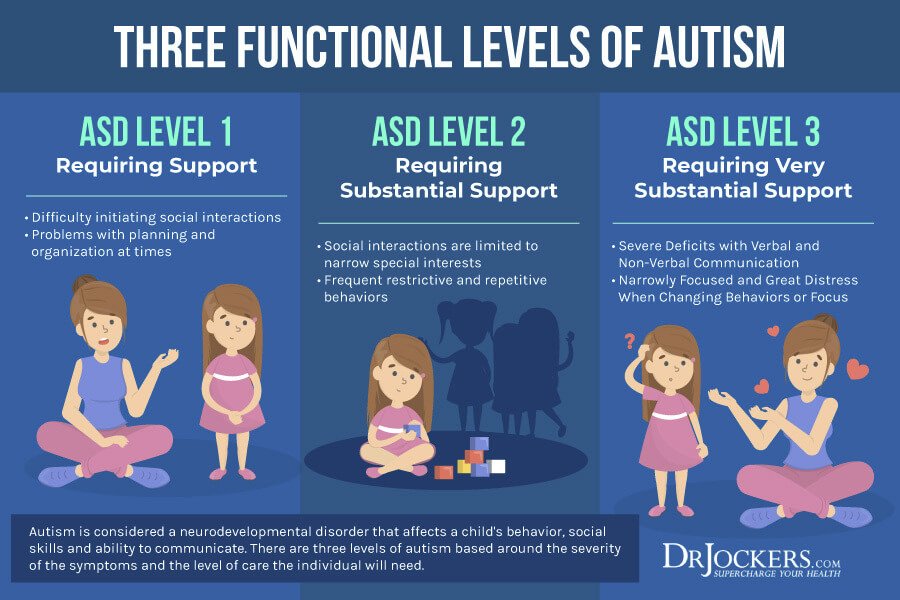 No - Normal. Overcome - Absolutely normal, but had symptoms before. Not pronounced - Almost normal, but there are occasional tantrums, inappropriate outbursts of difficult behavior. Moderate - Severe, potentially dangerous behavioral outbursts, but can be predictable and therefore controllable. Severe - Behavior so complex that even a minimal amount of time should not be left unattended, as it becomes uncontrollable, "wild", can cause self-harm and harm to others. nine1030 Diagnosis of childhood autism according to DSM-IV criteria requires the presence of features associated with significant dysfunction in each section with rated "Moderate" or "Strong". DSM-IV criteria include the manifestation of an autism-related disorder, no later than the age of 3 years and their further significant deterioration in one of the following: If these requirements are met, then the indicators may meet the following definitions: 0 - 49 = no autism The figures above are arbitrary estimates and should be confirmed by studies of a large part of the population, which have not yet been performed. |
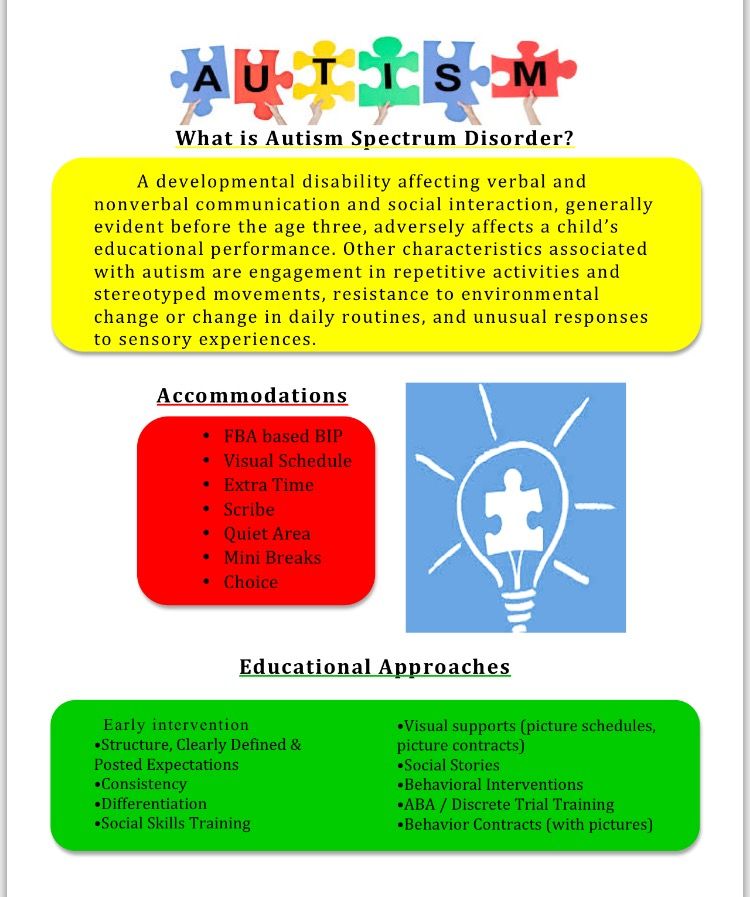 nine1030
nine1030 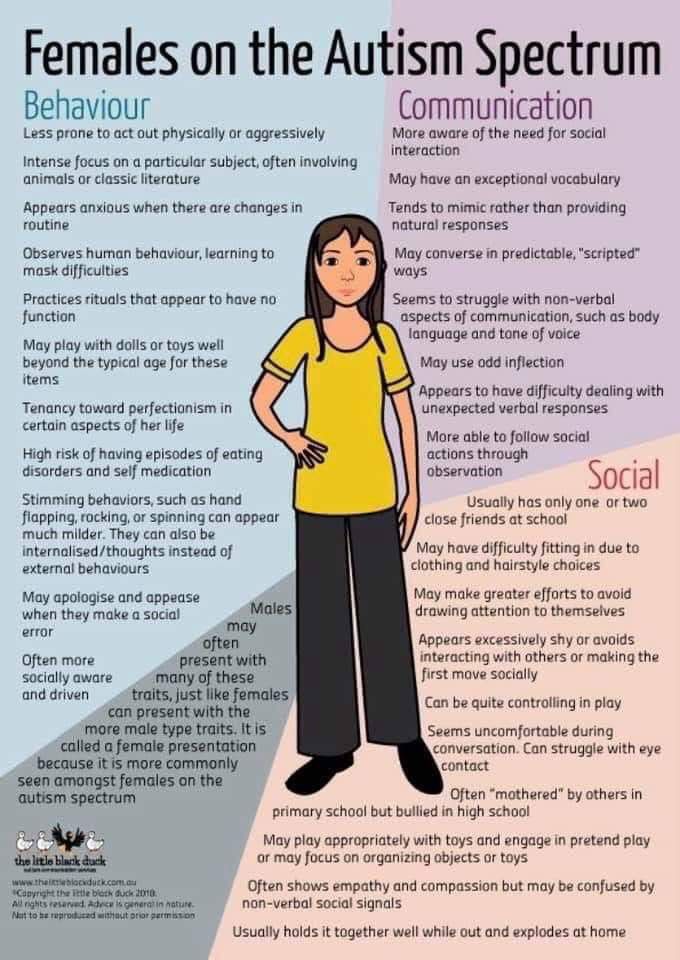 nine1030
nine1030 

 Often smiles for no reason or has an expressionless face.
Often smiles for no reason or has an expressionless face. 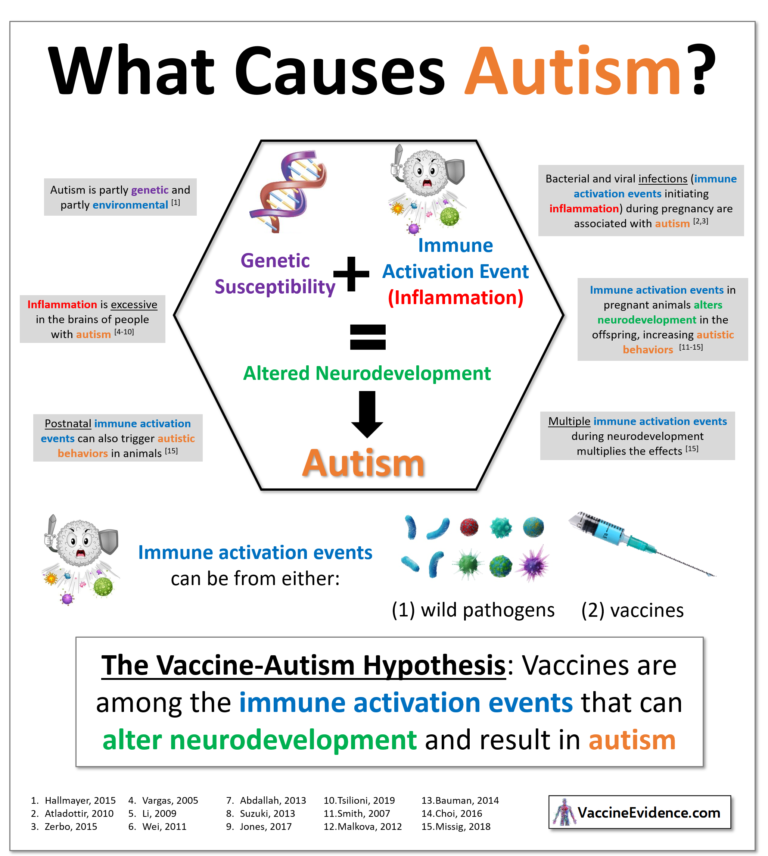 nine0008
nine0008 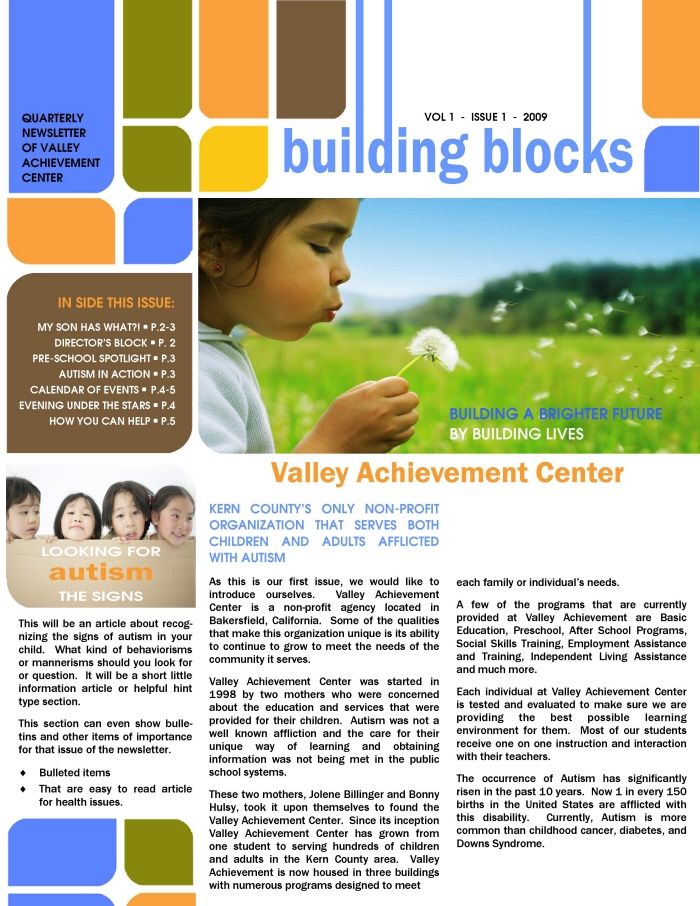 Hates crowds, difficulties while staying in shops, cafes, public places.
Hates crowds, difficulties while staying in shops, cafes, public places. 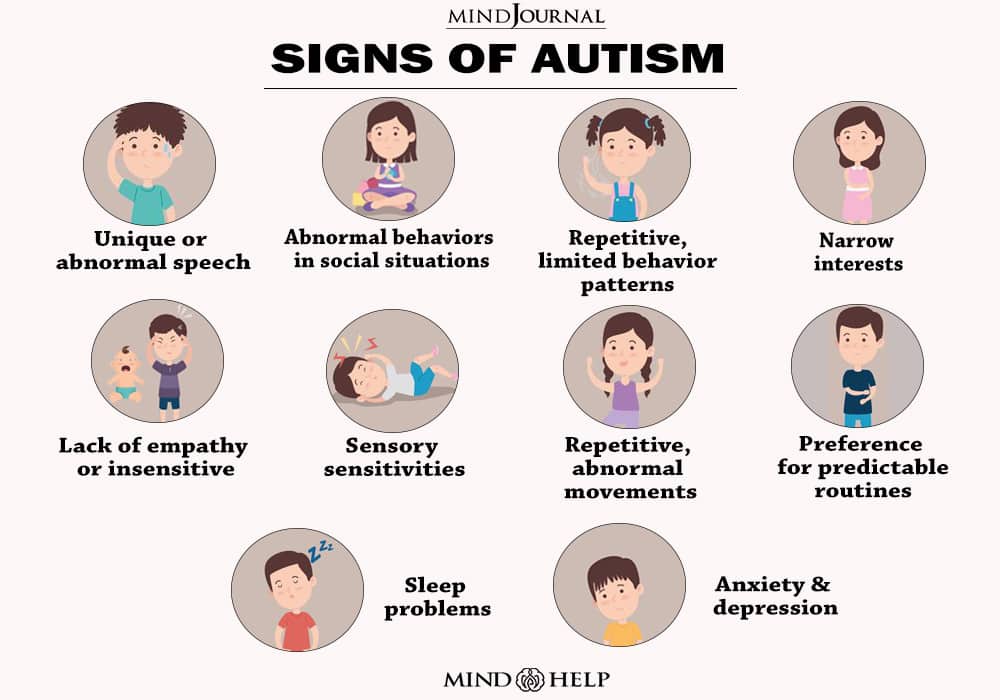 Having phobias for noise (thunder), sounds (vacuum cleaner), objects, animals, bugs, people leading to severe tantrums and uncontrollable behavior.
Having phobias for noise (thunder), sounds (vacuum cleaner), objects, animals, bugs, people leading to severe tantrums and uncontrollable behavior. 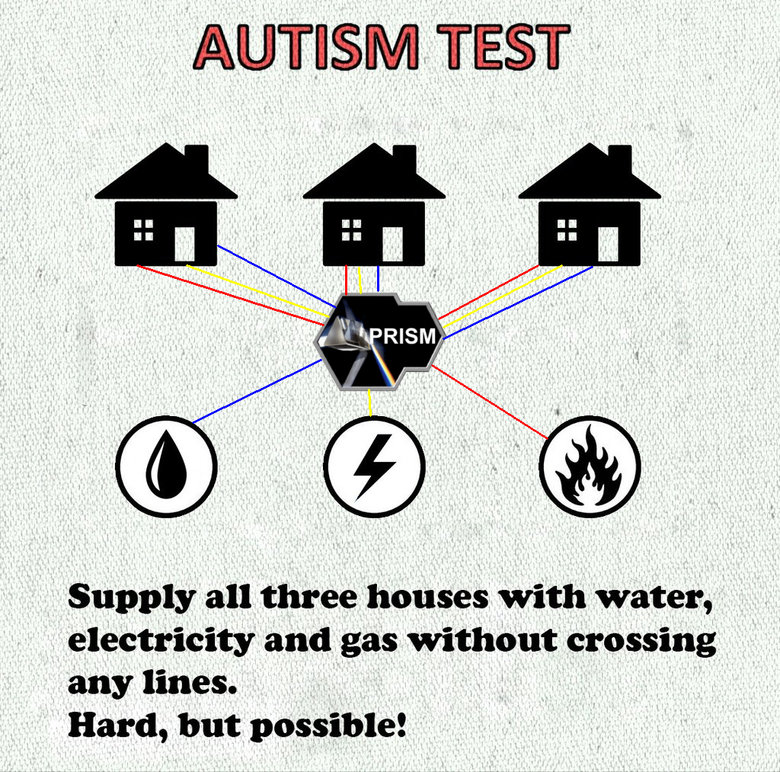
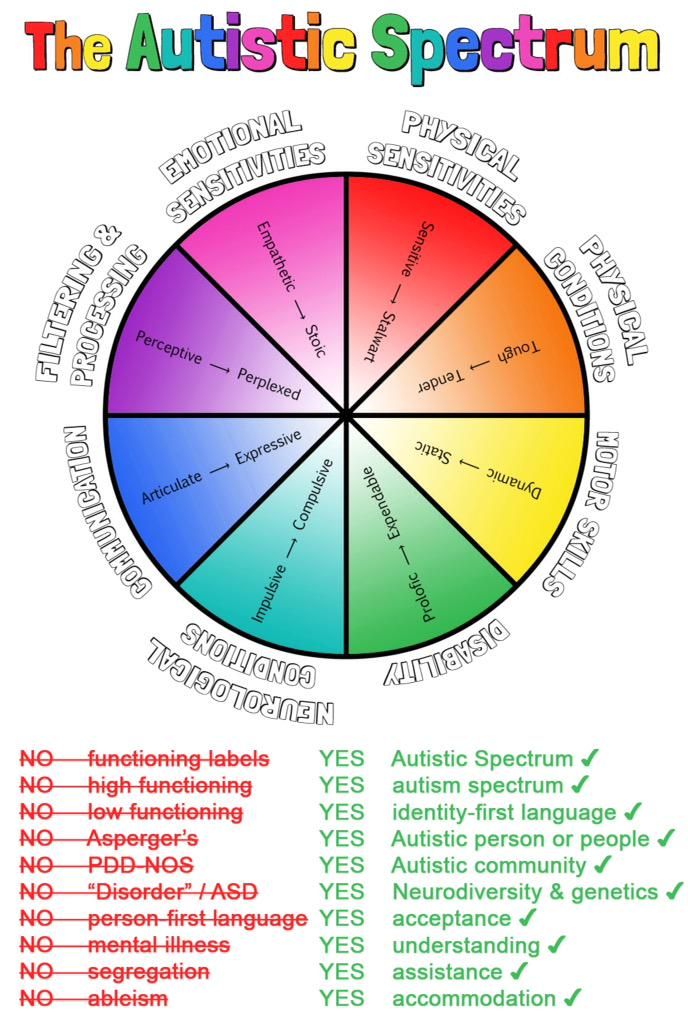

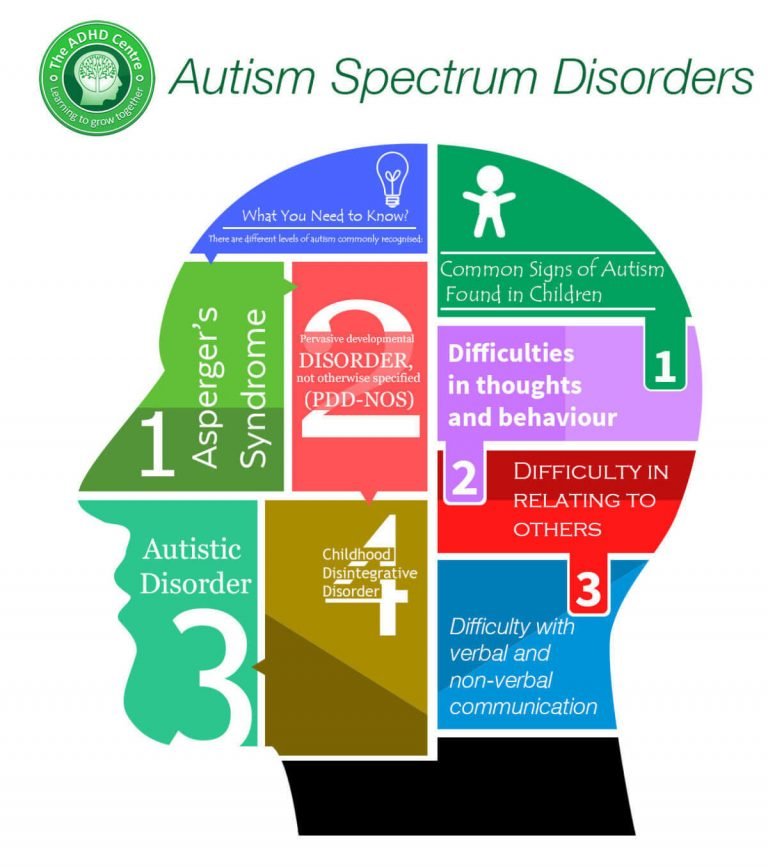 They may be trying to reproduce sounds from TV broadcasts, etc.
They may be trying to reproduce sounds from TV broadcasts, etc. 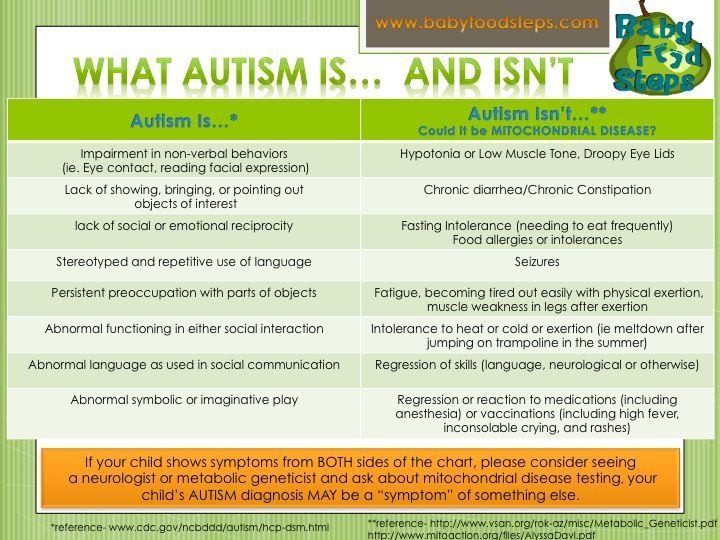 Way of communication.
Way of communication. 
 nine1030
nine1030 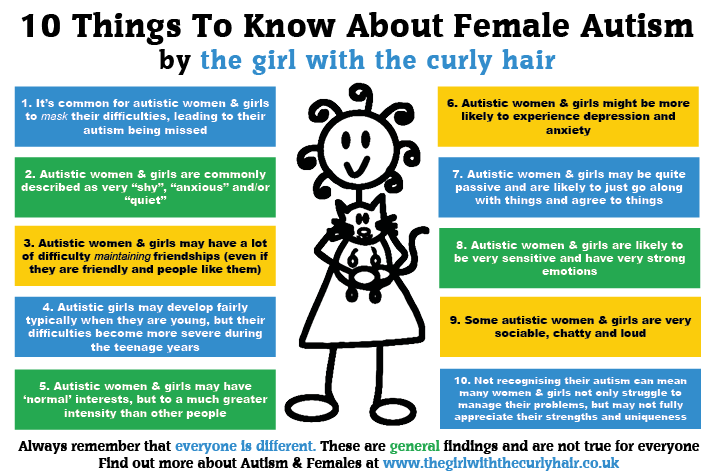
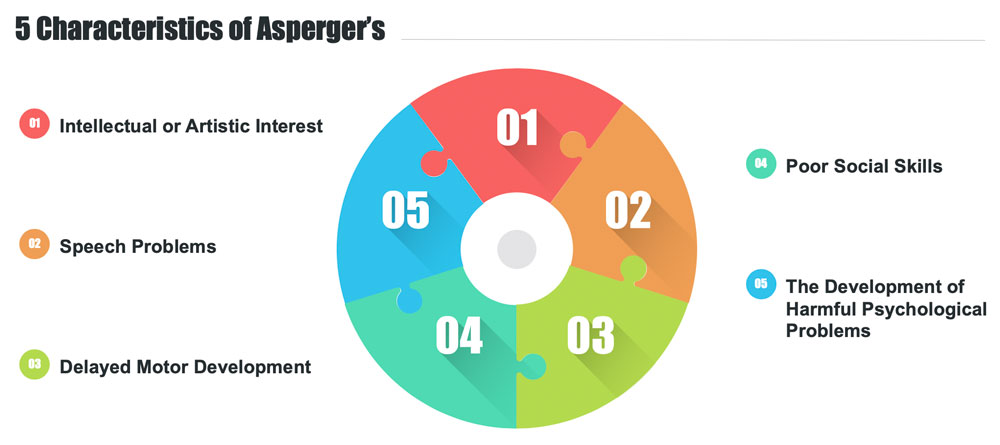
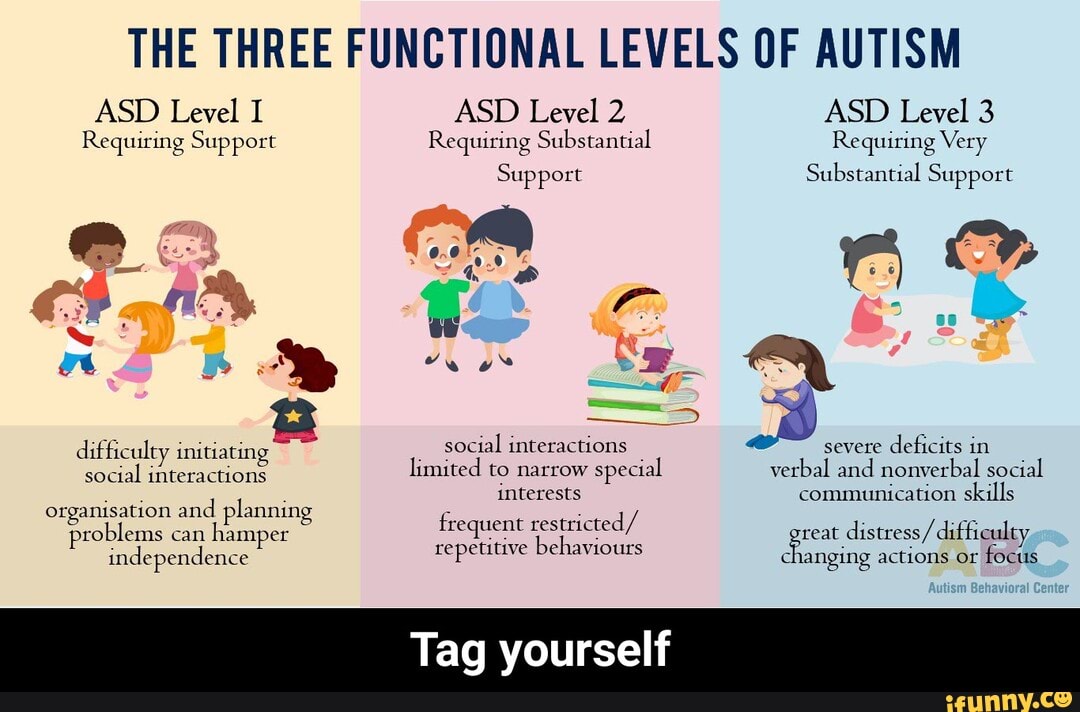

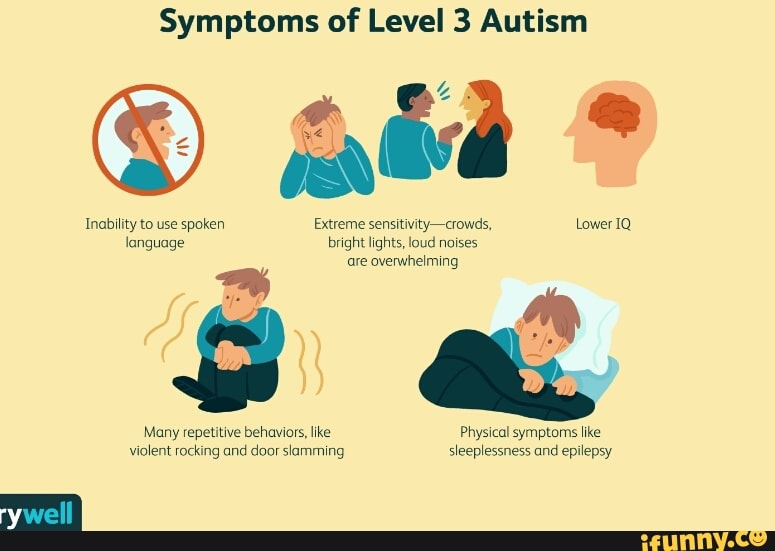


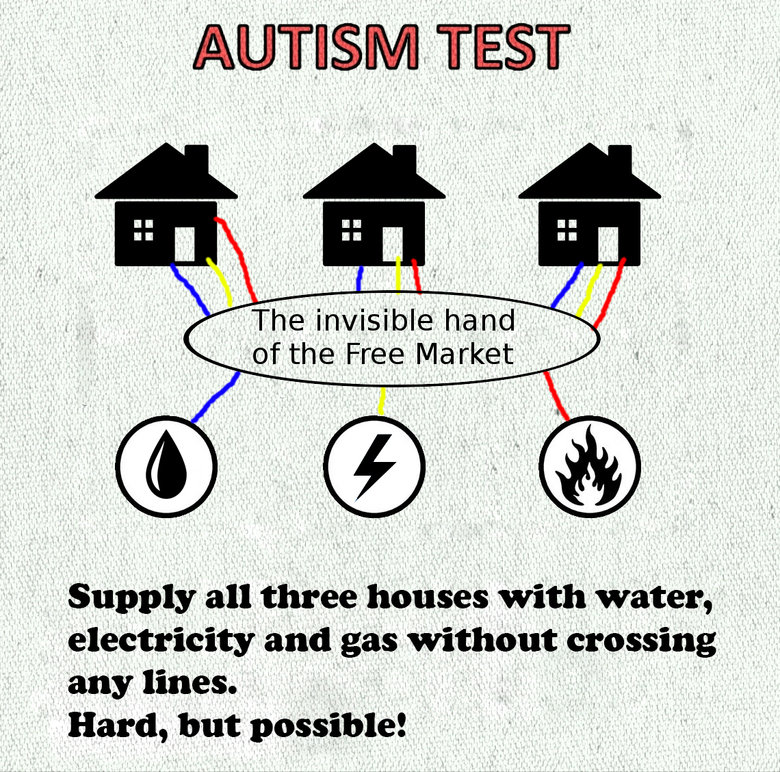
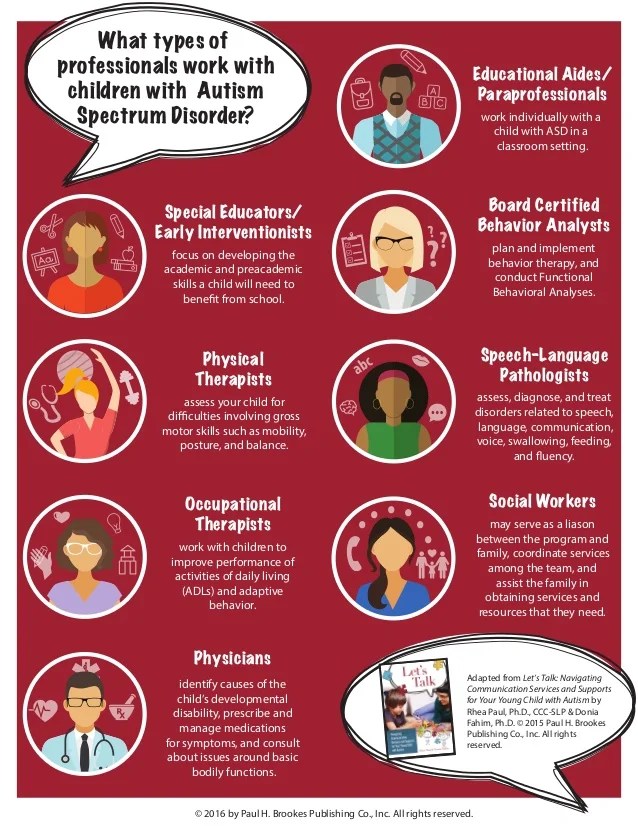 ). Removing the object causes hysteria.
). Removing the object causes hysteria. 